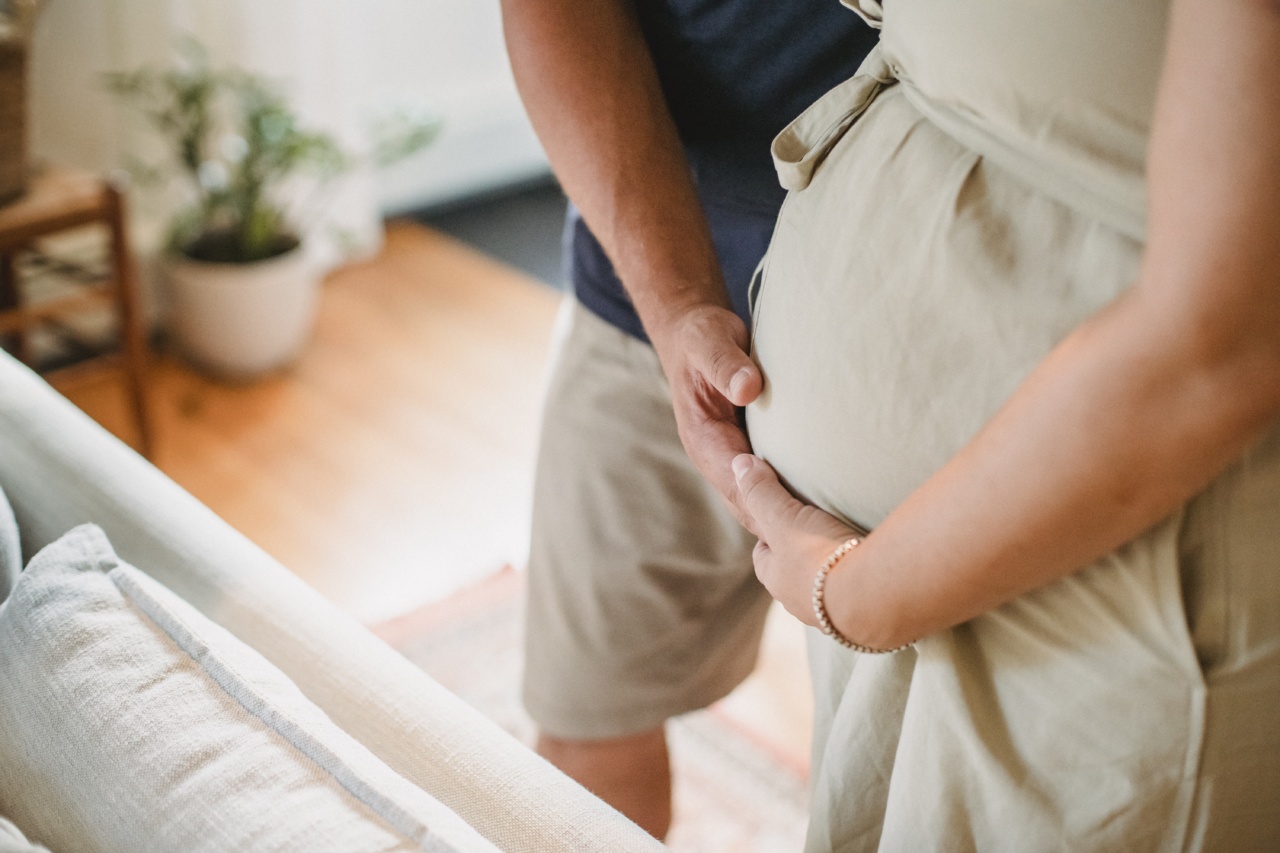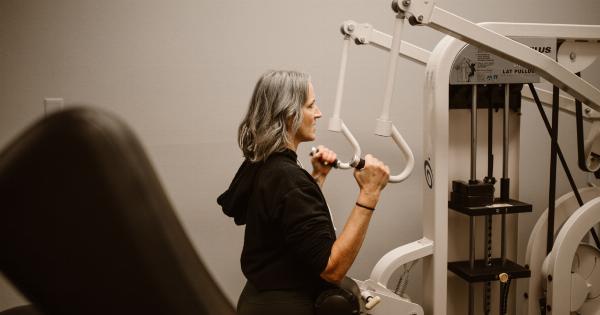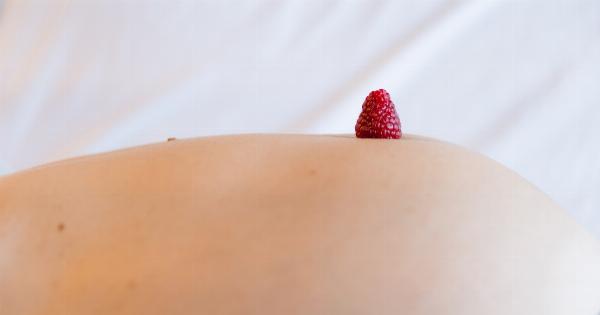After giving birth to your first child, many new parents wonder when it is safe to conceive again.
The timing for getting pregnant after childbirth varies from person to person, and it depends on several factors such as physical recovery, emotional readiness, and family planning preferences. In this article, we will discuss the general guidelines and considerations to keep in mind regarding the optimal timing for conceiving again after your first childbirth.
1. Understanding your body’s recovery process
Before considering getting pregnant again, it is crucial to understand the natural healing process your body goes through after giving birth. Pregnancy and childbirth put immense strain on your body, both physically and emotionally.
It takes time for your body to recover and regain its strength, which is why most health professionals recommend waiting a certain period before attempting to conceive again.
2. Waiting for the postpartum period to end
The postpartum period is a critical phase for both the mother and the newborn. It typically lasts for about six weeks after childbirth, during which your body experiences various physical and hormonal changes.
This period allows your reproductive organs, such as the uterus and cervix, to heal and return to their pre-pregnancy state.
It is generally considered necessary to wait until the postpartum period ends before trying to conceive again. This waiting period gives your body enough time to heal and reduces the potential risks associated with another pregnancy too soon.
3. Factors influencing the optimal timing
While waiting for the postpartum period to end is a general guideline, there are other factors that can influence the optimal timing for getting pregnant again. These include:.
3.1. Physical recovery and health condition
Every woman’s body responds differently to the challenges of pregnancy and childbirth. Some may experience a relatively smooth recovery and feel physically ready to conceive sooner, while others may require more time.
It is essential to consult with your healthcare provider to assess your physical condition and any underlying health issues before attempting to get pregnant again.
3.2. Emotional readiness
Welcoming a new baby into your family is a life-changing experience that comes with a range of emotions. Many parents choose to wait until they feel emotionally ready for another pregnancy and the responsibilities that come with it.
Taking the time to bond with your first child and adjusting to the new parental role is crucial before considering expanding your family further.
3.3. Family planning preferences
Social, cultural, and personal factors also play a significant role in determining the optimal timing for subsequent pregnancies.
Some couples may prefer to have their children close in age, while others may choose to have more significant spacing between siblings. Discussing your family planning preferences with your partner and considering the impact on your lifestyle, career, and finances can help you make an informed decision about when to try for another baby.
4. Birth control options
If you want to space out your pregnancies or delay conception for personal reasons, it is essential to consider reliable birth control methods.
There are various options available, including barrier methods, hormonal contraceptives, intrauterine devices (IUDs), and fertility awareness methods. Consult with your healthcare provider to select the most suitable birth control method based on your individual needs and preferences.
5. Seek guidance from healthcare professionals
Every woman’s postpartum experience is unique, and it is essential to consult with healthcare professionals to determine the optimal timing to conceive again after your first childbirth.
They can provide personalized advice based on your medical history, any complications during your previous pregnancy, and your current health condition.
Conclusion
The optimal timing for getting pregnant again after your first childbirth depends on various factors, including physical recovery, emotional readiness, and family planning preferences.
While the general guideline suggests waiting until the postpartum period ends, it is crucial to consult with your healthcare provider for personalized advice and support.





























